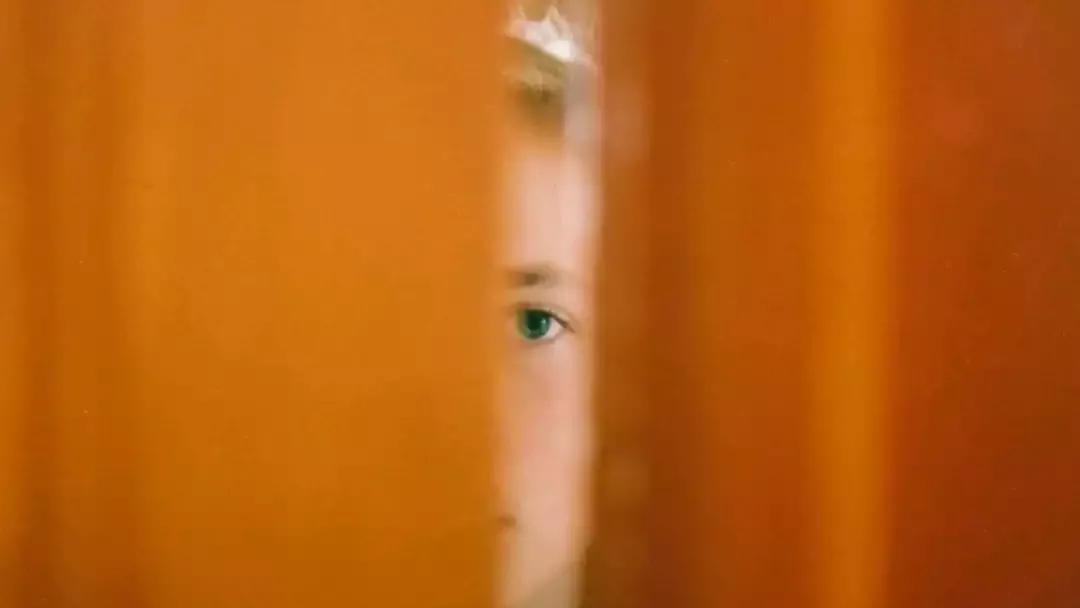Everyone always has a desire to peek into the private lives of others, which is called "voyeurism" in psychology.

In most areas of daily life, snooping on the privacy of others is largely impossible due to the limitations of legal, moral and practical conditions. In the family, parents in the children, the "voyeurism" is satisfied, and there are many reasons for this.
First of all, children mostly do not have a completely independent space. Even if their drawers are locked, the parents have spare keys. Parents are fully aware of their children's schedules, and there is little difficulty or risk in snooping into their children's privacy.
Second, parents feel that they are the guardians of their children, that children should not have any secrets, and that they believe that it is normal to snoop on their children's privacy and are within their own power.
Finally, parents think that their secrets of peeking at their children are for the good of their children, in order to avoid their children from taking a crooked road and doing wrong things, at this time, parents do not have to bear moral responsibility for spying on their children's privacy.
Chinese has always lacked the concept of "privacy", and even more lack of the habit of consciously protecting their own privacy and the privacy of others. Traditional culture emphasizes that "nothing must be said to others", and there are things hidden and not said to others, as if it seems to be less bright and straightforward.
Parents are especially like children, it can be said that parents and even teachers mostly hope that their children are "crystal people", so that people can see clearly and clearly, and there is no secret.
Under this idea of "denying privacy", it is reasonable for parents to invade their children's privacy. However, violating a child's privacy is not only disrespectful to the child, but also disrespectful to the parents themselves.
Parents always want their children to admire themselves and respect themselves, and voyeurism on their children's privacy will only make children "despise" themselves. Yes, there are many children who use the word "contempt" when talking about finding their parents peeking into their letters and diaries.
Respecting the privacy of children, which should be a basic morality of parents, there is no doubt about this. However, it is understandable that parents feel as uncomfortable as a cat scratching when they think that their children have secrets and they don't know them.
For the first few years of life, children really have no secrets from their parents. This gives parents a sense of security.
And the child gradually grows up, there are actually words not to say to the parents, at this time, the parents will inevitably be lost and fearful, lost because the child is no longer as close to himself as before, so there is no barrier; fear is because he is too nervous, and anything that hides himself from the child will make thousands of associations on the bad side.
Parents may wish to think about how they grew up and how they matured: from running to their mothers when they encounter anything in early childhood, to being hurt in adolescence and preferring to soothe themselves.
The growth of the child necessarily means alienation from the parents, and the parents give the child life precisely to make him independent.
From a pedagogical point of view, having secrets is very important for the growth of children. Independence is one of the basic characteristics of modern man, and having personal secrets and being able to dispose of them properly is an element of independence.
For individuals, secrets are often closely linked to responsibility, and having secrets often means taking responsibility independently.